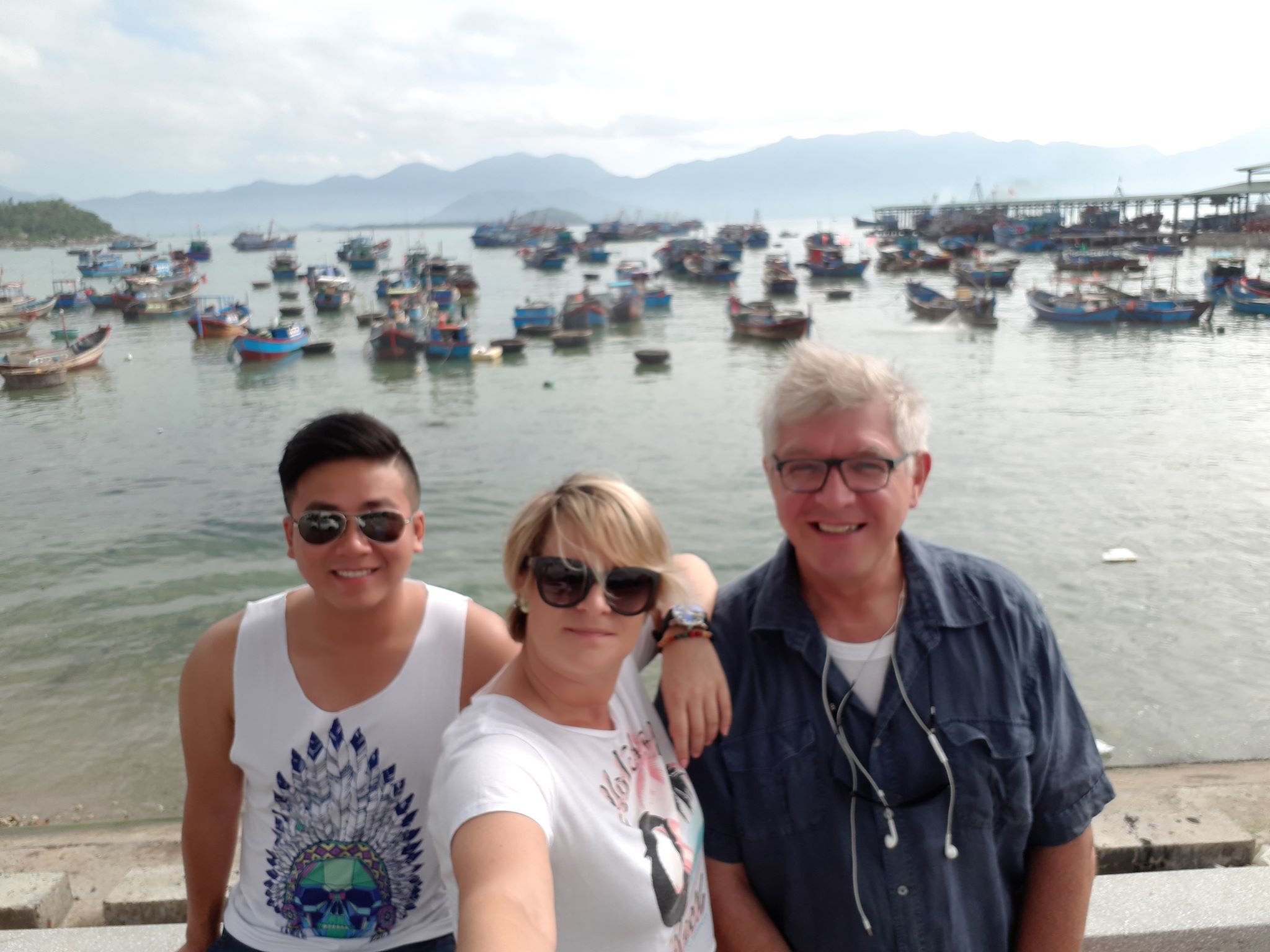April 5, 2020 - With as many Croatians living abroad as in the Homeland, what are the diaspora experiences of self-isolation? In the first of a new series, Corona Voices in the Croatian Diaspora, Emanuela Peric on the current realities in Vietnam.
Last week TCN started a feature series called Foreigner Self-Isolation In Croatia: Do You Feel Safer? I can honestly say we have never had such a response or so many incredible contributions. The countries of origin of these expats in Croatia literally from all over the world. So far we have had submissions from expats from Romania, USA, Ireland, UK, Mexico, Argentina, Spain, Singapore, Holland, Canada, India, Hong Kong, Venezuela, Latvia, China, Honduras, Hungary, Moldova and Germany. You can see all their stories here.
Given the success of the series (still going strong) and large interest, it made sense to expand it to look at this from another angle - how Croatians abroad are coping where they are. If you would like to contribute your story to Corona Voices in the Croatian Diaspora, please find the submission guidelines below.
I contacted some of my favourite people in the diaspora to get the series started. And what better way to start than on an idyllic beach in Vietnam, with one of the craziest Croats I know - Emanuela Peric from the island of Rab.
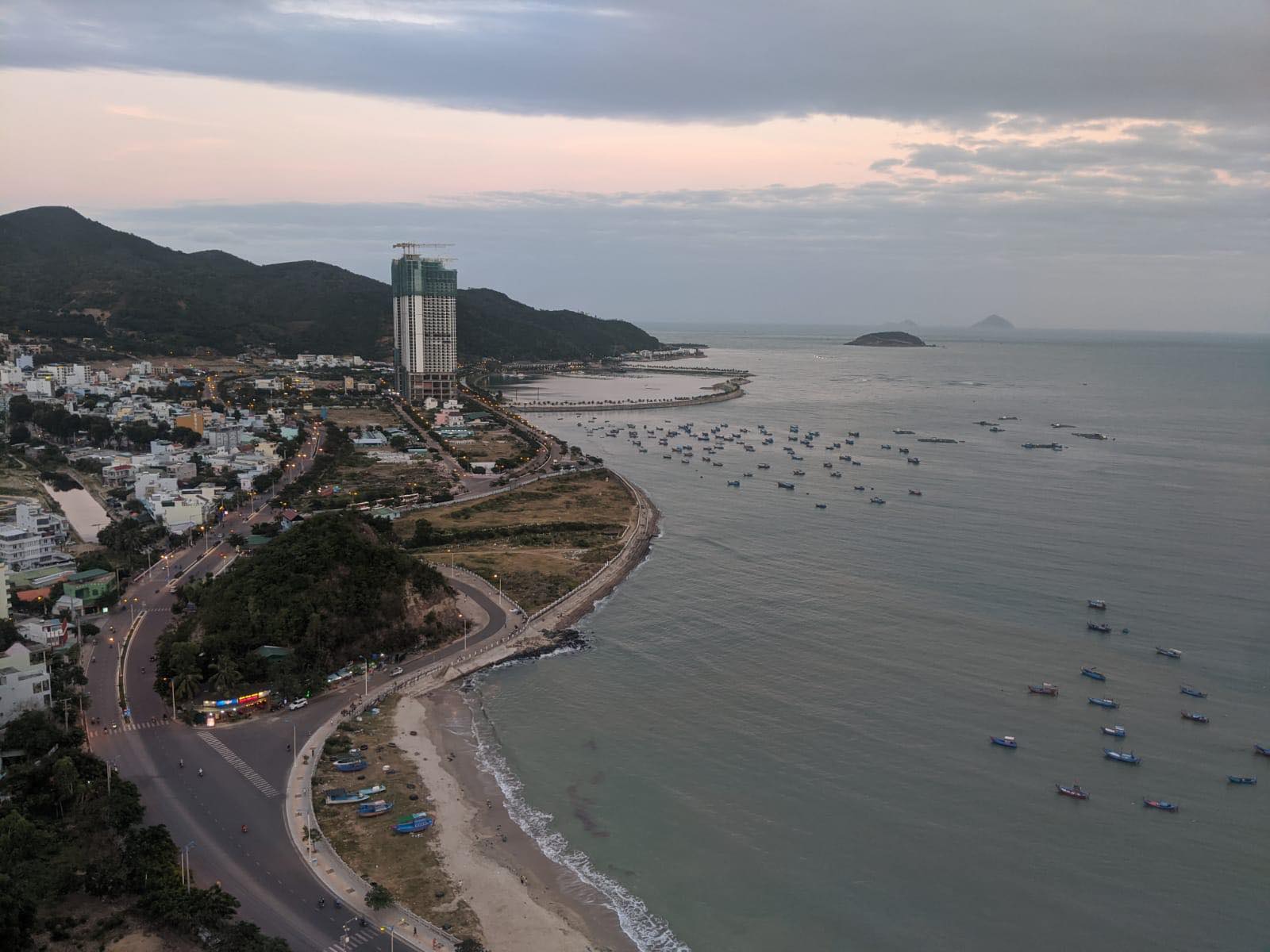
Firstly, how are you? Are you alone/with someone? Tell us a little about your situation and sanity levels.
Xin Ciao from Nha Trang, a coastal city on the South Central Coast of Vietnam. I am currently living in a beautiful villa with four others. I am using the word “villa” here as a reminder to myself not to complain!
My roommates are my colleagues and my boss who always finds ways to keep me busy. Some I have known for years now and that gives me a “safe” feeling – it really helps with the sanity part.
Our project has been currently suspended, as have many others, and we are now focused on what to do in lockdown and we can’t (and really don’t want to) go home (Croatia, Germany, Philippines nationalities in this little self-isolation unit).
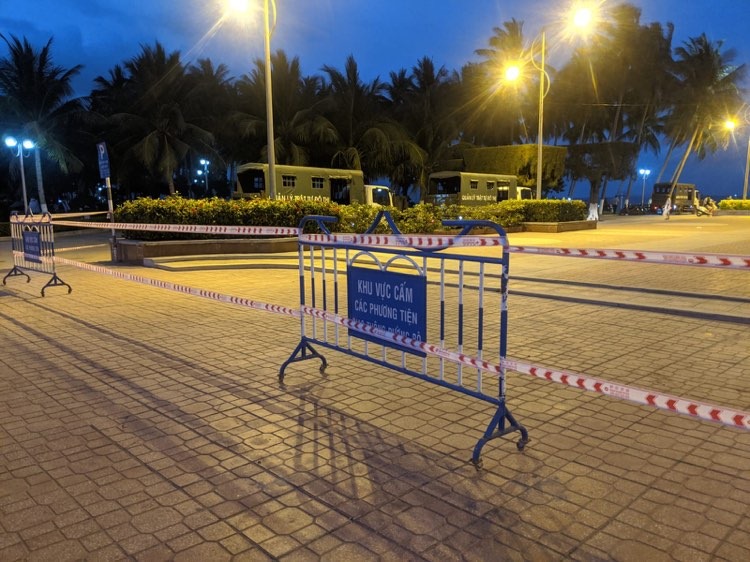
When did you realize that corona was going to be a big issue?
After spending a few months in Europe, I came back to Vietnam on 6th of February just when it was all starting, and at that time I was sure China would contain it and the worst-case scenario would be sightseeing without Chinese guests (that didn’t sound so bad to me). But then Italy happened and each morning I woke up to a different situation in Europe, realizing more and more what’s happening and getting used to words like self-isolation, quarantine, lockdown, curfew …
I’m strolling down this beautiful beach and all of a sudden it’s like a bad movie – pandemic, deaths in Italy and then an earthquake in Zagreb!
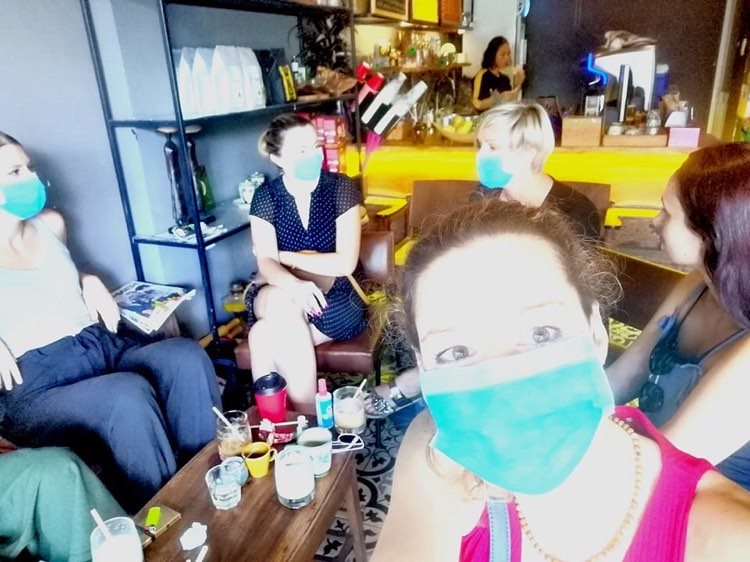
When did you realize that corona was going to be a big issue in Nha Trang in particular?
Nha Trang and the entire Khánh Hòa Province (officially) had only one case from February 2. Life was in a way normal here until April 1 when the national lockdown started.
There were no guests, hotels and restaurants were closing down, which mostly focused on the Chinese market which is the majority in my city. We still spend days on the beach, going for dinner, drinks. It was like wintertime in Croatia only no winter and we can afford to eat and drink outside.
Give us a timeline on when and how life changed.
The Vietnamese government closed the borders with infected countries, one by one and we had only 25 cases. Then and now I still believe this is one of the safest places on Earth, from COVID-19.
At the begging of March, locals who were traveling in Europe started coming back home and bringing unwanted souvenirs. Again something from the West bothering Vietnam. With a low number of cases they announced a nationwide lockdown for the entire month of April, not taking any risks. Meaning no gathering, beaches are closed, food stores still work and food delivery.
People started washing their hands and respecting personal space – not complaining about that!
Life was cheap here, and now it's even cheaper. Prices are going down like crazy, but of course so is the unemployment rate.
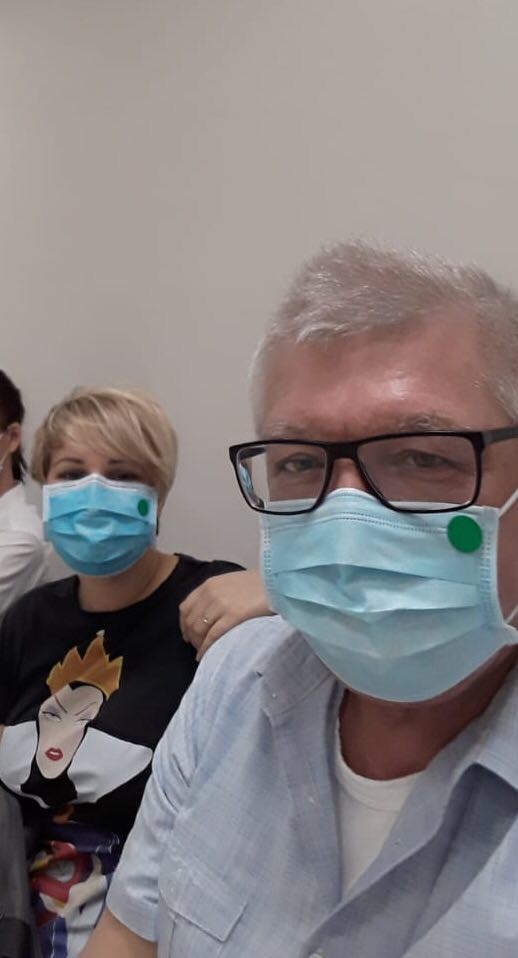
Tell us about your day. Do you/can you leave your apartment?
Hello, it’s a villa! And yes, I can go out, have a walk, do some jogging, go to a local store.
I’m trying to maintain a routine, treat working days as that and weekends for drinking, and sleeping longer.
With the internet there are so many things to keep you busy and there are also house chores. Then you have Netflix. It’s time to learn yoga and finish that Russian course. All those books I got for my Kindle will have their turn. Finally I have time to edit all those GoPro videos, and I’m learning how to play chess.
I have been promoted to Executive Laundry Manager of our little house. One bin for white, one for black and one for color!.
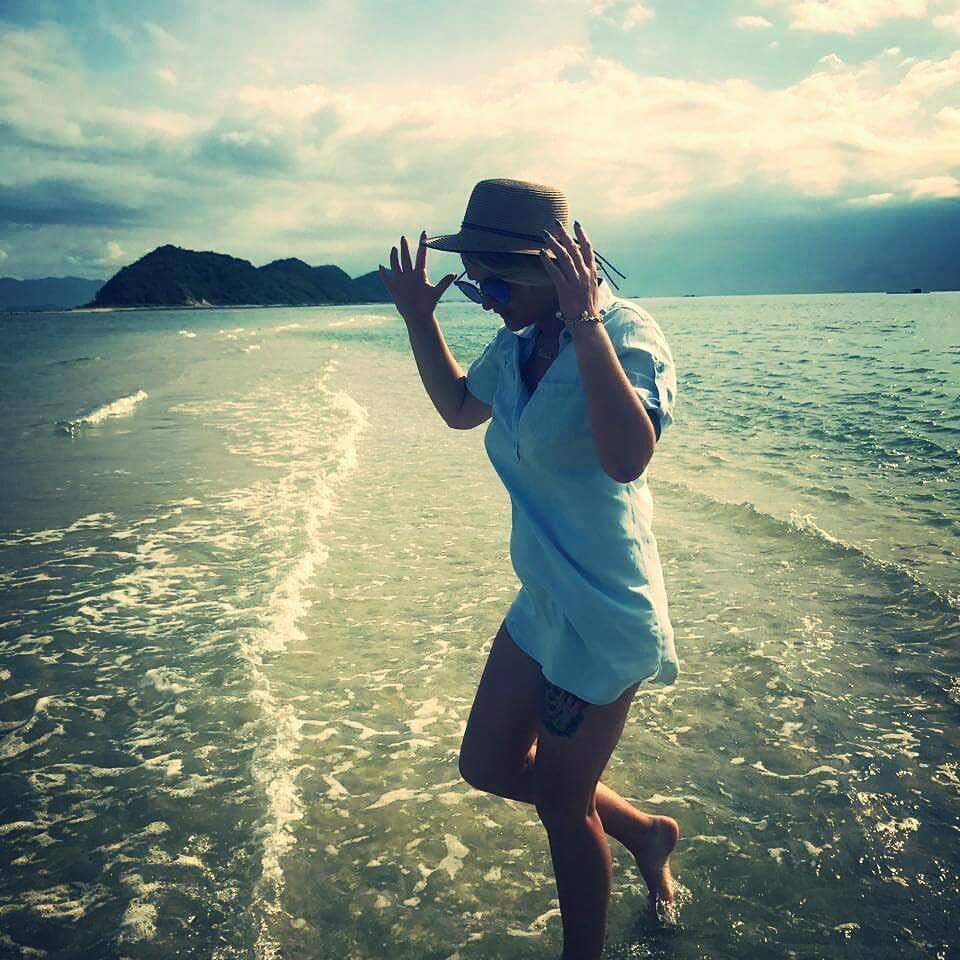
How are the authorities doing at handling the situation?
This is a Communist state – I think that speaks for itself... There is no joking around and they don’t say something twice, particularly if you are a foreigner. I’m not playing western music too loud lately...
All jokes aside, Vietnam is doing well controlling the COVID-19 pandemic. There are 239 confirmed cases as I’m writing this, in a country of 96 million.
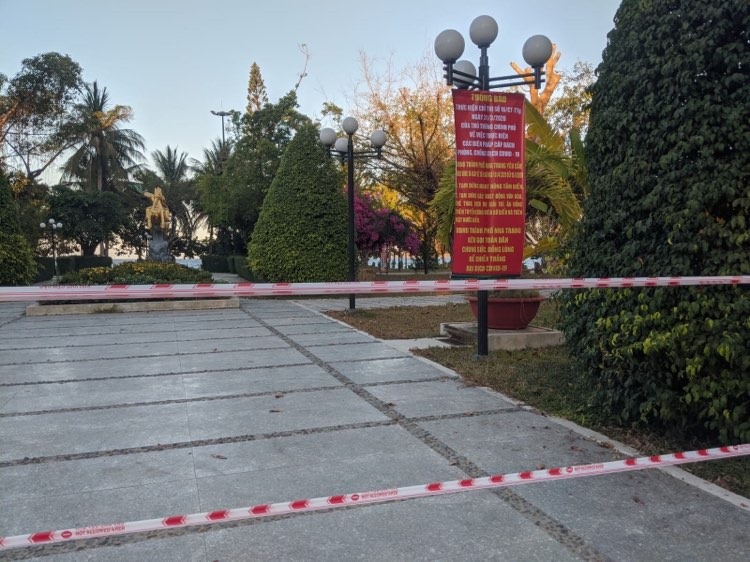
You obviously keep an eye on your homeland. What is your impression of the way Croatia is dealing with the crisis?
What should I say about this that will not make my blood pressure jump?
COVID–19 is not the problem, UHLJEBI are the problem. We got the middle finger from our embassy in Malaysia while other countries are localizing their citizens around the world, evacuating them, making them feel like there is someone thinking of them.
The crisis is yet to come, hopefully a big change too.
Compare and contrast the responses of Croatia and Vietnam. Who is doing what better?
Difficult to compare, it’s easier to close borders here and I’m not fully familiar with all the economic measures Vietnam is doing to help the locals but I’m sure there is a lot less paperwork involved.
The good thing for both countries is that they reacted quickly, but the Croatians still seem a bit unaware that they need to stay inside.
What about official communications from the authorities, compared to your home country?
Expat community here has clear information and the locals as well. We all know what we can and cannot do. We get SMS daily with reminders to stay at home and to wash our hands. As back home, there is a van with speaker driving around and reminding people to go home. Police is everywhere, making sure you don’t brake social distancing rules.
If there is a difference to mention then is that of Face Masks, Vietnamese and most South East Asians wore them religiously before so of course more so now.
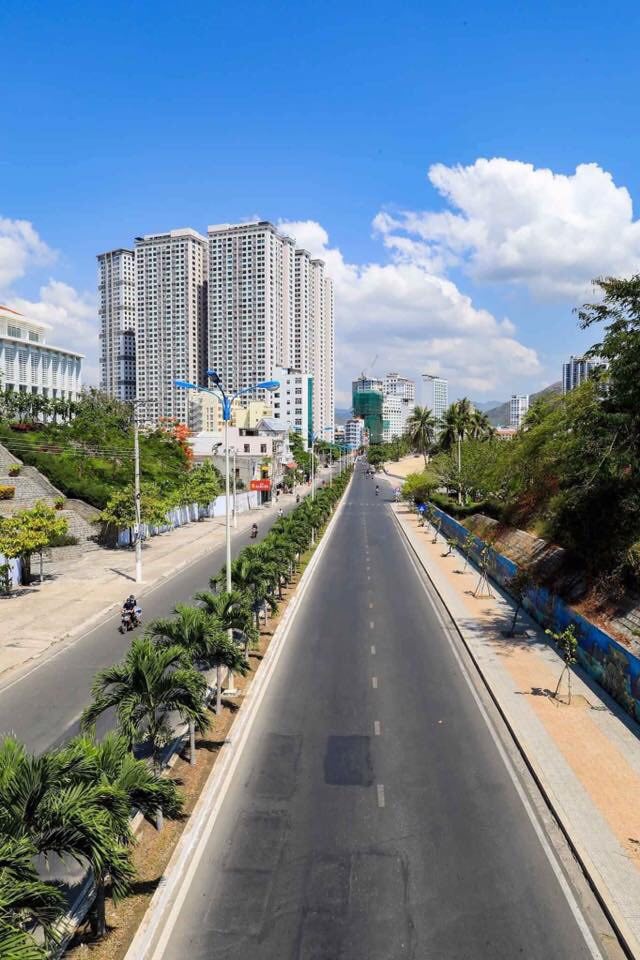
What's the one thing you wish you had taken with you into self-isolation?
Hahaha.. I would have gotten myself a boyfriend, weed and more alcohol!
One thing you have learned about yourself, and one thing you have learned about others during this crisis.
I do panic sometimes and I too get scared.
Those who didn’t have time for a video call before COVID-19 don’t have time now as well.
And I’m super interested in what is going to happen to our Uhljeb’s!
If you could be self-isolating in Croatia, where would it be, and why?
You mean spend another winter on a Croatian island ??
I don’t want to be in Croatia, isolation or not! Unless we are throwing Molotov cocktails at St. Mark’s Square!
Thanks Emanuela, nice to see some places are safe and life still almost a little normal. Stay safe and maybe I will join you on St. Mark's Square when the time is right...
TCN is starting a new feature series on Croatian diaspora experiences of sitting out COVID-19 abroad and comparing your experiences to the situation in Croatia. If you would like to contribute, the questions are below. Please also include a para about yourself and where you are from, and a link to your website if you would like. Please also send 3-4 photos minimum to This email address is being protected from spambots. You need JavaScript enabled to view it. Subject Corona Diaspora
If you would be interested to record a video version for our partners www.rplus.video please let us know in the email. Thanks and stay safe.
Self-Isolation Voices from the Diaspora
Firstly, how are you? Are you alone/with someone? Tell us a little about your situation and sanity levels.
When did you realise that corona was going to be a big issue?
When did you realise that corona was going to be a big issue in New York in particular?
Give us a timeline on when and how life changed.
Tell us about your day. Do you/can you leave your apartment?
How are the authorities doing at handling the situation?
You obviously keep an eye on your homeland. What is your impression of the way Croatia is dealing with the crisis?
Compare and contrast the responses of Croatia and USA. Who is doing what better?
What about official communications from the authorities, compared to your home country?
What's the one thing you wish you had taken with you into self-isolation?
One thing you have learned about yourself, and one thing you have learned about others during this crisis.
If you could be self-isolating in Croatia, where would it be, and why?
TCN has recently become a partner in Robert Tomic Zuber's new R+ video channel, initially telling stories about corona experiences. You can see the first TCN contribution from this morning, my video from Jelsa talking about the realities of running a news portal in the corona era below. If you would like to also submit a video interview, please find Robert's guidelines below
VIDEO RECORDING GUIDE
The video footage should be recorded so that the cell phone is turned horizontally (landscape mode).
There are several rules for television and video news:- length is not a virtue- a picture speaks more than a thousand words
In short, this would mean that your story should not last more than 90 seconds and that everything you say in the report should be shown by video (for example, if you talk about empty streets, we should see those empty streets, etc.).
How to do it with your cell phone? First, use a selfie camera to record yourself telling your story for about a minute and a half. Ideally, it would be taken in the exterior, except in situations where you are reporting on things in the interior (quarantine, hospital, self-isolation, etc.). Also, when shooting, move freely, make sure everything is not static.
After you have recorded your report, you should capture footage that will tell your story with a picture, such as an earlier example with empty streets.
One of the basic rules of TV journalism is that the story is told in the same way as a journalist with his text. Therefore, we ask you for additional effort. Because we work in a very specific situation, sometimes you may not be able to capture footage for each sentence of the report. In this case, record the details on the streets: people walking, the main features of the city where you live, inscriptions on the windows related to the virus, etc.
The same rules apply if you are shooting a story from your apartment, self-isolation, quarantine. We also need you to capture footage that describes your story.
When shooting frames to cover your reports, it is important that you change the angle of the shot (in other words, shoot that empty street from several angles). Also, when shooting a detail, count at least five seconds before removing the camera to another detail.
The material should be about 5 minutes long (90 seconds of your report + frames to cover your story).
After recording everything, send us to Zagreb, preferably via WeTransfer to This email address is being protected from spambots. You need JavaScript enabled to view it.

